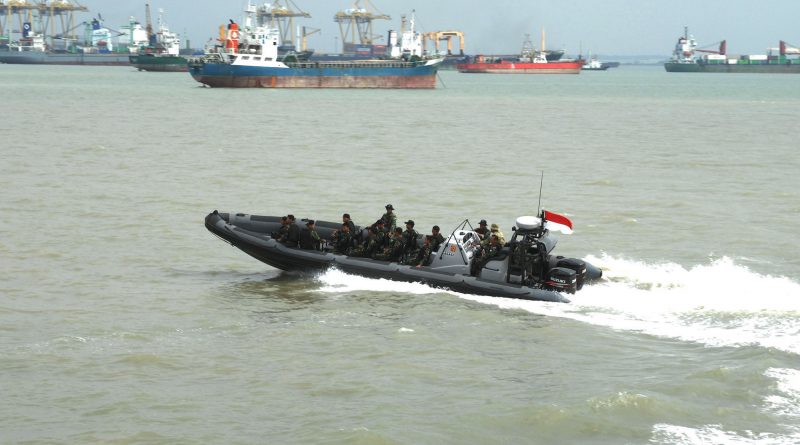Focus on Modern Piracy: Singapore Straits
Natalie Sherman
Staff Writer
Southeast Asia, despite common misconceptions, is actually the world’s most active piracy zone. The UN declared the waters of Southeast Asia to be “the most dangerous in the world.” TIME reports that “Southeast Asia was the location of 41% of the world’s pirate attacks between 1995 and 2013.” In the same time period, 136 seafarers were killed in the region in incidents related to piracy.
The straits of Malacca and Singapore faced troublingly frequent incidents of piracy in 2019. The Regional Guide to Counter Piracy and Armed Robbery Against Ships in Asia (RECAAP) recorded 31 incidents over the course of the year. This is a significant increase from just eight incidents reported in 2018.
During the last weeks of December 2019, there was a sharp upswing in attacks. Pirates carried out five attacks in five days between December 19 and 24. The pirates boarded ships armed with knives in the early hours of the morning. These pirates target large, slow-moving ships, far out on open waters, stealing goods such as scrap metal and spare ship parts.
In the past, the Strait of Singapore itself has not been the most active area for piracy in the region. However, pirates seem to have focused on the large ships that often travel through the Singapore Strait, their low decks making it easier for the pirates to board.
One of the most commonly stolen goods in Southeast Asia is fuel. Pirates siphon oil from tankers in a practice known as bunkering. TIME describes the process of bunkering, in which the pirates board the ship, round up the crew, and force them to open the fuel valves, often while the vessel is still out to sea. The Singapore Port Authority claims Singapore is the “largest and most important bunkering port in the world.”
After stealing the fuel and mixing it with the preexisting fuel inside pirate vessels’ tanks, it is almost impossible to identify stolen fuel. The fuel is often resold to a buyer who is completely unaware of its origins.
The issue is not a shortage of groups working to stop piracy in the region, but rather a lack of intelligence coordination between Southeast Asian countries. Many leaders in the region distrust Singapore, which has led them to be left out of meetings and agreements on the subject in the past.
Local corruption perhaps plays the largest role in fueling the piracy industry. Pirate mafias have formed in the many small islands that dot the straits countries. These pirate bosses are very influential and hold major sway in their communities. They even influence their men’s treatment in prison, from determining the quality of the food they receive or even organize an early release. Many jailed pirates are freed after serving just a few months of sentences that should have lasted several years.
The majority of attacks in Southeast Asia occur in the waters of the strait off the coast of Indonesia. There, it is believed, the low salaries of police officers and naval personnel often drive complicity and even cooperation. Malaysian extremists, notably the Abu Sayyaf Group, also committed acts of piracy last year, kidnapping sailors in the hopes of being paid a ransom.
Many acts of piracy are carried out in Filipino waters, as well. President Duterte took a hard stance against piracy and even declared, “If they (Philippine Navy) are positive that they (suspects) are pirates, you blow them to kingdom come. You kill them all.” The New Straits Times notes that he has been a vocal supporter of strengthening the TCA and forming an international task force, composed of Filipino, Malaysian, and Indonesian sailors to patrol the waters of the Singapore Strait for pirates.
According to The Straits Times, there have already been three instances of piracy in the strait in just the first month of 2019. Two of the incidents occurred when the same group of pirates targeted the same ship twice in one day. These attackers have not yet been caught.
In January, the Republic of Singapore Navy hosted the Malacca Straits Patrol Joint Coordination Meeting. Representatives from Indonesia, Malaysia, Singapore, and Thailand discussed the recent increase in piracy within the straits, according to The New Paper.
“The representatives signed a revised set of standard operating procedures, pledging to strengthen information sharing and enhance mutual understanding and collaboration,” noted The New Paper.


